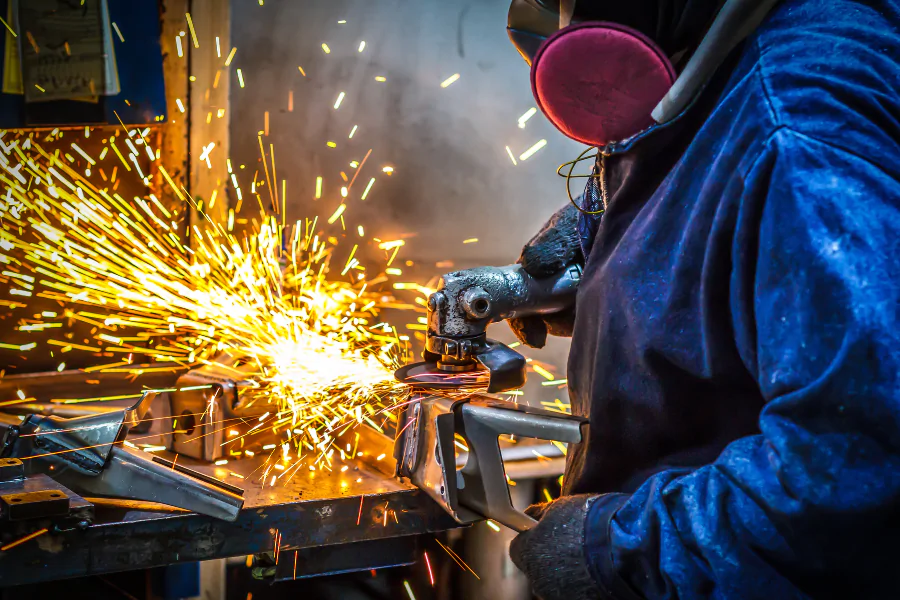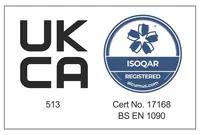Like the rest of the economy, the UK steel sector is facing a perfect storm of rising costs, the energy price crisis and the continuing goal to decarbonise steel production.
This is a challenging combination. The net-zero transition is an important goal, but it adds to rising energy prices and the UK is still far from independent in terms of renewable energy supply.
While the energy price cap has been in the news in recent weeks, it only applies to domestic customers – meaning suppliers can increase business energy prices by even more.
Against these inflationary pressures, UK steel suppliers are working hard to uphold environmental commitments, while still offering competitive prices to customers.
An ambitious journey
The sector’s representative body, UK Steel, is not resting on its laurels. In mid-July, director general Gareth Stace noted that “no steel sector in the world has yet successfully decarbonised” and called on the UK to be the first.
He said: “If we accomplish this, we will transform almost 35,000 steel jobs into green jobs. These roles already underpin communities that have made steel for a century. We can ensure that Teesside, Scunthorpe and South Wales can lead the world in net-zero steelmaking.”
Mr Stace added that much of the UK’s waste steel is exported for recycling, only to later import it at cost.
“Our location near the North Sea means we are perfectly placed to harness cost-effective carbon capture and storage steelmaking,” he suggested.
How second-hand steel cuts costs
Recycled steel and especially second-hand steel can all help to cut costs while reducing energy consumption and carbon emissions in steelmaking.
The amount of energy used in recycling steel can be as little as one-quarter of the energy cost of producing new steel from iron ore, and because steel is endlessly recyclable, this also helps to protect future supplies of the metal.
Second-hand steel has zero production energy cost; while there may be a carbon footprint involved in transporting the material, there is no intrinsic manufacturing footprint when spare steel is directly reused from previous jobs.
All of this means reusing steel is better for the environment, keeps business energy bills down and allows UK steel suppliers to offer cheaper prices to their customers.
Getting to net-zero
Ultimately, the goal is a sustainable and secure UK steel sector with adequate domestic steel production and a substantial increase in UK-based steel recycling.
Combined with an increase in renewable energy generation and better energy independence, this should position the UK well to achieve net-zero industry.
Innovative technologies like carbon capture and storage, as well as better battery storage for excess renewable power, should all help our nation’s resilience too.
By bringing all of these innovations together, along with long-term strategies like increased steel recycling and the use of second-hand steel, we can all drive the industrial economy towards a genuinely net-zero carbon footprint in the years to come.
That’s not only good news for the environment, but helps us all financially by ensuring sustainable, eco-friendly steel supplies at competitive prices, while supporting steelmaking jobs at key locations around Britain.
To learn about steel fabrication and our services at James Dunkerley, please contact us today.


